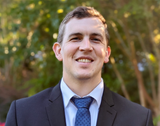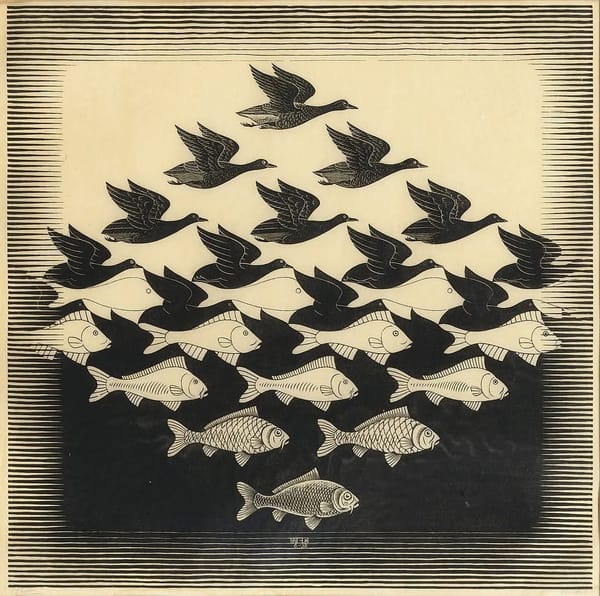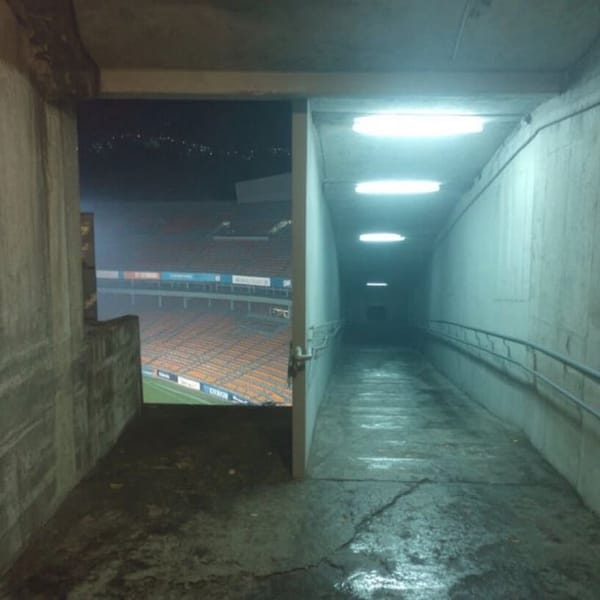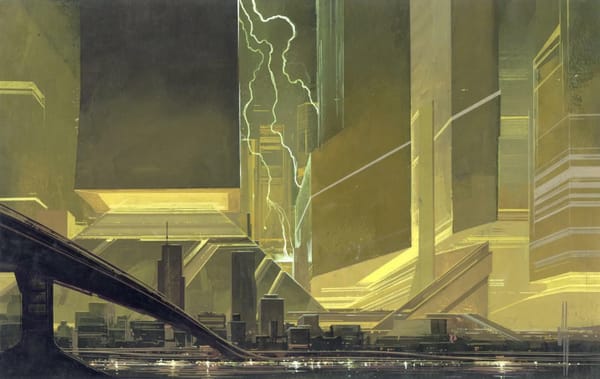Bodies without organs
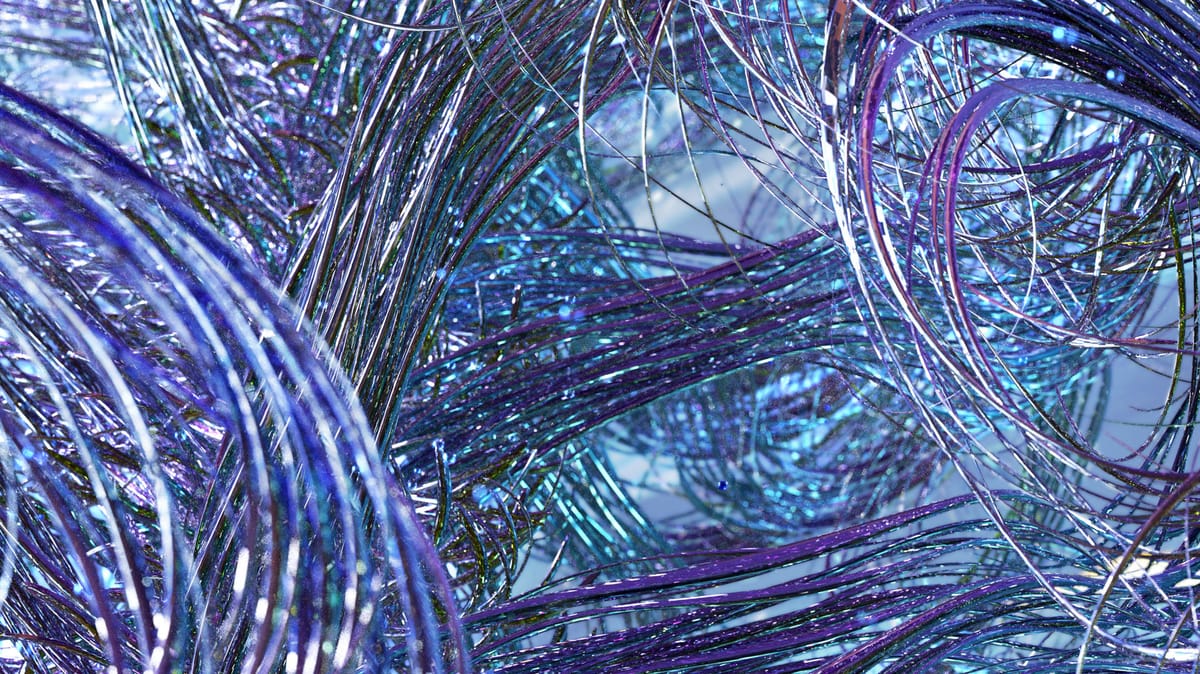
What a mistake to have ever said "the" id.
— Deleuze and Guattari, Anti-Oedipus, 1972
I
Why do we desire things we shouldn't? I don't mean things labeled bad by crusty old Puritan taboos; I mean things actively bad for us. From what hellish pit comes addiction, school shootings, Freud's "death drive," voting for our own repression, societies that manage to be boring and horrific at the same time for years on end? A tired worker wishes for their own sickness. Someone with an eating disorder comes to love the attention their figure gets. Someone who's lonely comes to prefer their solitude. Someone who bites their nails finds comfort in it. How we come to do things that are bad for us is one thing; how we come to want them is another.
II
Desire is an emotion and a physical thing, hooked up to other physical things. It's made of flywheels that spin in people with nothing and in people with more than they could ever need. It's made of moving parts, flows, machines cooperating and competing, cells in organs, organs in people, people in groups. Groups turn around and act on people, drawing borders between countries and lines of scrimmage between teams, putting kids in cages and doling out concussions. Then individual fans get drunk and decimate their gut microbiomes. Up and down the chain desire is produced, then repressed like a million thumbs on a million hoses, then produced in new directions. We may think its flows always originate or end inside us; we may think wrong.
III
There are lines in our heads made of language – rules, concepts, borders. We use these temporary, convenient fictions to cooperate, to form and maintain groups. Over time we steep in these lines like tea. They harden in our heads and tattoo things on our minds, even if they weren’t drawn by us. The hardened lines redirect desire like canals, pointing it in ever stranger directions. A few weeks ago, somewhere in America, a family met for Thanksgiving; a child screamed for an iPad; a fentanyl-addled cousin asked to be excused; an aunt with a tumor she hasn't told anyone about checked her phone for an email from her insurer; a grandma scolded the parents of the iPad kid, who will later take out their frustrations elsewhere, at PTA meetings and in voting booths; an uncle held court about how "capitalism is human nature." They all think this all comes from them.
IV
And yet it's all happening again. The French Revolution; 1930s Germany; again. Worse and worse, faster and faster. "Bodies without organs," Deleuze and Guattari call these things we're becoming ever more efficient at inflating, and propping up, and popping, so that they rain down their terror around us. Entities like capital, psychiatry, racism; institutions made of words and buildings but no heart, just raw human emotion propped up by invisible lines. It takes some craziness to talk about them and even more to live in a world where they run amok. To trace their contours half-assedly as I am makes you sound hand-wavy; to trace them somewhat decently, as Marshall McLuhan or Noam Chomsky did for media or as David Graeber for debt, takes an absurd level of scholarship and effort; to trace their overall existence and formation, as Deleuze and Guattari did, took a new type of theory they dubbed "schizoanalysis." Giant resultant vectors of desire, forming untamed many-armed beasts, roaming kind of nowhere and kind of everywhere.
V
You can't resist all their offshoots at once with some long list you keep in your Notes app. Remember how the amount of sugar in most food affects your appetite, remember how the media affects what you believe, remember how...no. One has to start at the other end of the funnel: oneself, how one lives life. More importantly than that, one has to be persistent, and one has to be loud; one has to refrain from the urge to shut up and eat one's turkey, and instead tell the uncle that no, desire is human nature, and capitalism accumulates desire’s products in ways antithetical to our nature, starving out the "have-nots" until the "haves" are a tiny inbred cult, turning our basic senses of purpose away from anything, away from caring for our family, if it isn't AI slop and profit for shareholders. If you feel your energy flagging nowadays, this is a reason why. Capital is redirecting your purpose, with the might of the world's scrambled desires behind it, toward a lamer one than you would assign yourself, and a purpose is a source of energy. It's a reason for you to trace and draw lines in your head, separating your desires from those of bodies without organs, thus reshaping reality. This is not just a matter of politics or mysticism, but of more basic things – elbow grease, maintenance.

